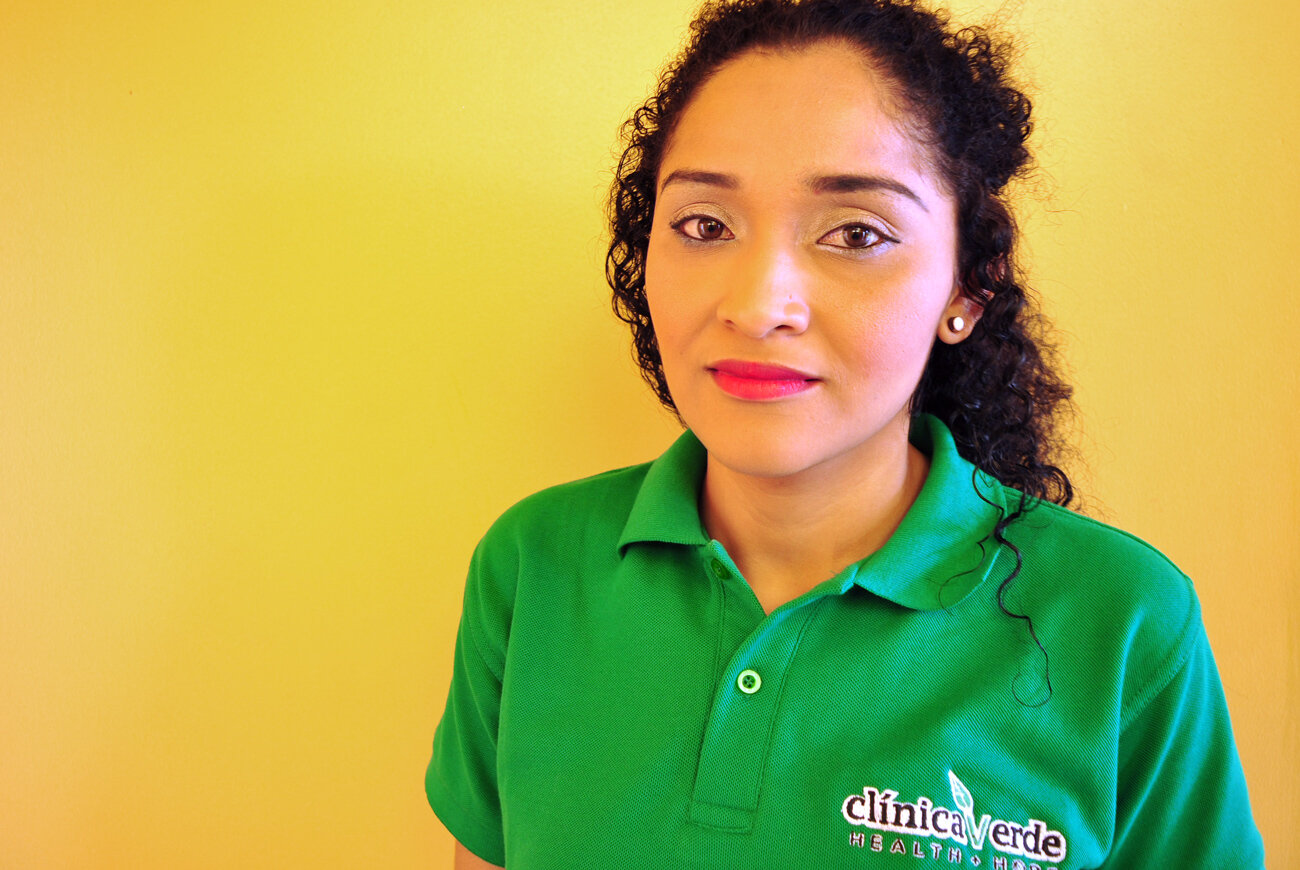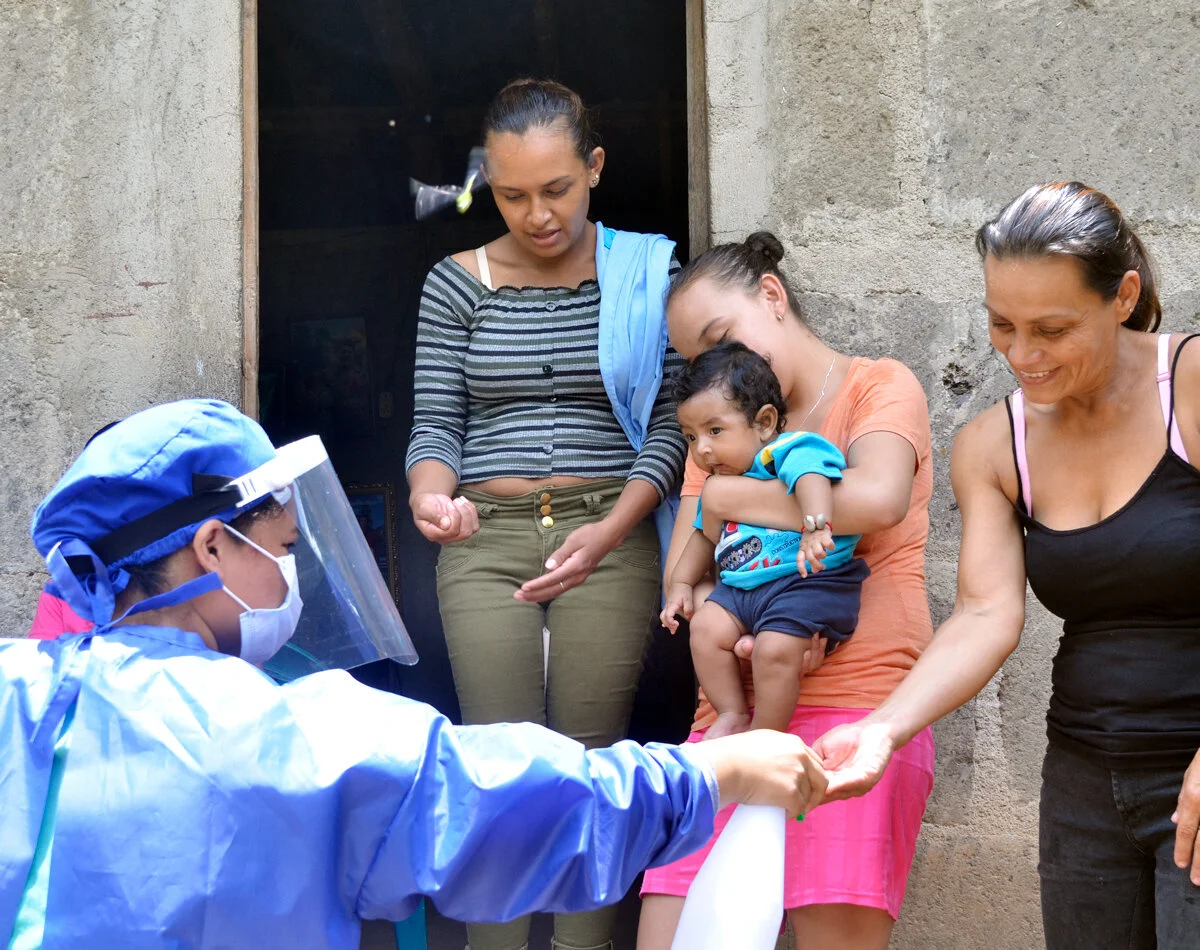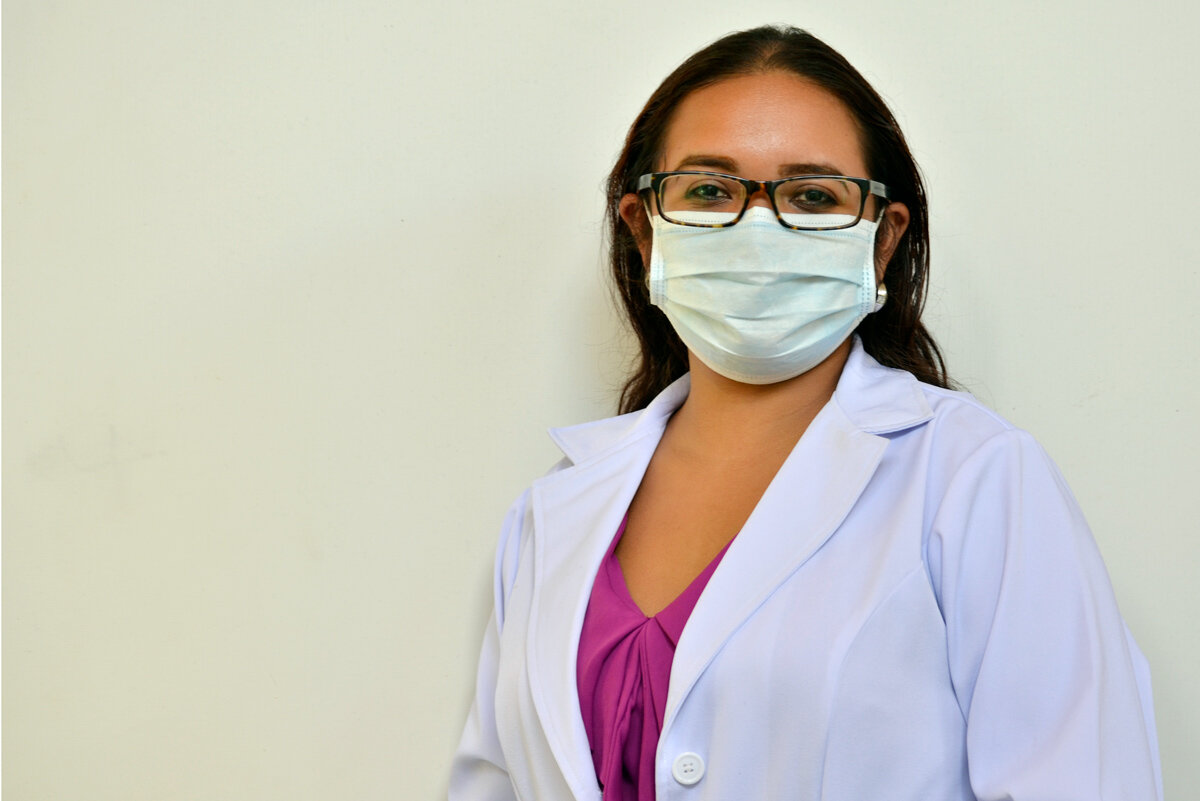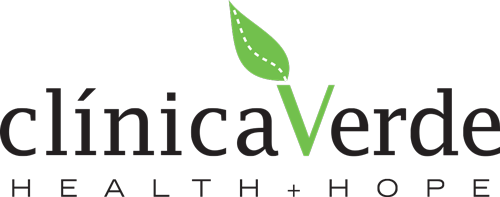Teen Program
Sexual Reproductive Health and Human Rights for Youth
Nicaragua has the highest adolescent fertility rate in Latin America. Approximately half of Nicaraguan women give birth before age 20. The consequences of early childbearing can include higher risks of pregnancy complications and maternal mortality and increased rates of infant mortality and malnutrition.
To address the need of teens for education on sexuality and healthy decision-making – as well as the Nicaraguan Ministry of Health (MINSA) goals of improving maternal health and reducing the mortality rate among children under 5 years – Clínica Verde launched a program for teens in partnership with TeenSmart International in 2014. This program has evolved to be an independent program to train peer counselors and provide adolescents with the knowledge and skills needed to make responsible and safe decisions about their sexuality and postpone sexual activity to reduce the prevalence of early pregnancy.
Since the program’s inception, over 5,000 teens have received education, with particular emphasis on pregnancy prevention, gender, violence prevention, sexually transmitted diseases, assertive communication, and life planning as well as instruction in bio-intensive gardening. During this period a total of 2% pregnancies have been reported in youth who have participated in Clinica Verde’s program – an indicator well below the national rate of 90% pregnancy of adolescents (World Bank).
Clinica Verde has also provided adolescents from vulnerable communities and their families essential services such as the provision of multivitamins, deworming, and optometry services and the provision of prescription glasses.
We’ve had the opportunity to work with well-known institutions such as Plan International, Strachan Foundation, and TeenSmart to achieve these goals.
“The Clínica Verde Teen program taught me how to help other young people create a life plan for themselves. Going through the course gave me the confidence to talk about the themes of sexual reproductive health. I also was able to put into practice habits that I learned through the program: responsibility, working in a team. It’s increased my desire to serve. I feel like I have a greater commitment to myself to make good decisions about my future. I’m an example to other young people and friends because I talk to them about the obligation to protect ourselves and to not make life choices that we are unprepared for.”
– Dayana Reyes, 15, Teen Peer Counselor




